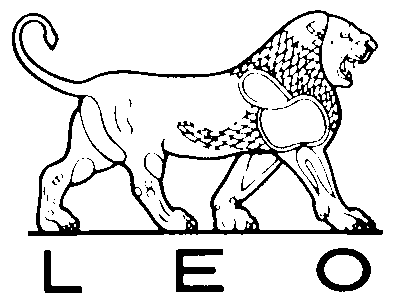Taking the Tablets
Your doctor will work out the right number of tablets for you. Take the tablets as your doctor tells you. Read the label on the pack carefully. It will tell you how many tablets to take and when to take them on each day, depending on the condition being treated. The usual dose for adults is half a tablet to three tablets twice a day for chest pains, one to six tablets a day for high blood pressure, half a tablet to one tablet twice a day after a heart attack and one to two tablets a day to prevent migraine attacks.
If you are elderly the doctor will probably start with the lower adult dose and then adjust your dose carefully, depending on how you respond to treatment.
Betim Tablets are not suitable for children.
Take the Tablet(s) with a glass of water.
If you forget to take your Tablet(s), take your normal daily dose as soon as you remember, then carry on taking your Tablet(s) as before. Do not take two tablets together unless otherwise advised by the doctor.
Your doctor may change the number of Tablets you take. This will depend on how well you respond to the treatment. Do not alter the number of Tablets you are taking without checking with your doctor.
Do not stop taking the Tablets without first consulting your doctor. If it is right for you to stop taking the medicine then your doctor will probably reduce the dose gradually. Some conditions become worse if the medicine is stopped suddenly and in some people the danger of heart attack is increased.
If you accidentally take too many Tablets, contact your doctor immediately.
After taking the Tablets
Your doctor will see you regularly during your treatment to monitor your progress and decide whether your
treatment is working properly. As with all medicines, some side-effects may occur in a few people. See your doctor if you have any of the following problems:
Unusual tiredness or weakness, slow heart beat, cold hands and feet, "pins and needles", nausea or vomiting, abdominal pain, dizziness or light headedness, feeling faint, vertigo, headaches, trouble with sleeping, nightmares, depression, hallucinations, drowsiness, disorientation, breathing difficulties, skin rashes, painful joints and dry eyes.
Remember, this treatment is for you. Only a doctor can prescribe it for you. Do not let other people take your Tablets.
If you feel unwell or notice anything unusual or which you do not understand, tell your doctor as soon as possible.
Storing Betim Tablets
Store your Tablets in a safe place where children cannot reach them.
If shown on the pack, do not use after the expiry date given. If you are unsure, ask your pharmacist.
As with any medicines, if your doctor decides to stop your treatment, return any leftover Tablets to your pharmacist.
This leaflet was prepared in April 1995.
®
Registered Trade Mark
